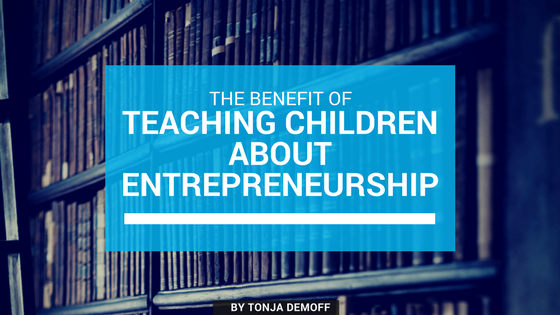Kids can often complain they don’t understand why they have to learn certain subjects in school. It’s hard for them to conceive of when they may need to know some historical fact or mathematical formula. Parents know that those lessons come back for another test when they strike an entrepreneurial path.
Showing them how it works at a young age helps them grow up with a better appreciation for their own professional goals.
Empowering Their Big Ideas
One of the most enduring and endearing aspects of childhood is the belief that anything is possible. Sometimes, the way to spark their curiosity for the future is letting them make-believe as a start. Whether they’re dreaming up the perfect lemonade stand or a rocket ship aimed at the moon, parents can take the opportunity to put these big plans in a real-world context.
A mock business plan only needs a mission statement and a few pie charts to look official, which can be decorated or stream-lined according to each kid’s taste or age-range. Showing them their ideas should be taken seriously no matter what their age helps them trust their instincts better as they get older.
Strengthening Their Problem-Solving
When it comes to making a plan, it’s more often a series of problems on the list, instead. This is a great way to get children thinking of ways to get around an obstacle, something their brain is already primed to do during these formative developmental stages.
Parents can share their own professional challenges in simplified ways to help their children think through real situations that test what they’ve learned already. Doing this as part of a natural routine to goal-setting and measuring personal achievements shows them that hard work may be a normal part of life, but it pays off with earnings and rewards.
Improving Their School Skills
A school is a place where some social finesse and confidence in their abilities become necessary tools that are hard to learn, especially under the natural pressure of competing with their peers. Giving kids opportunities to exercise their knowledge and capabilities outside of the academic settings helps them place their importance in a real-world scope.
This serves them well when it comes time to apply that attitude to school work and experiences. Knowing the balance between social influence and milestone achievements directly apply to entrepreneurial pursuits can help them focus on their goals now.
